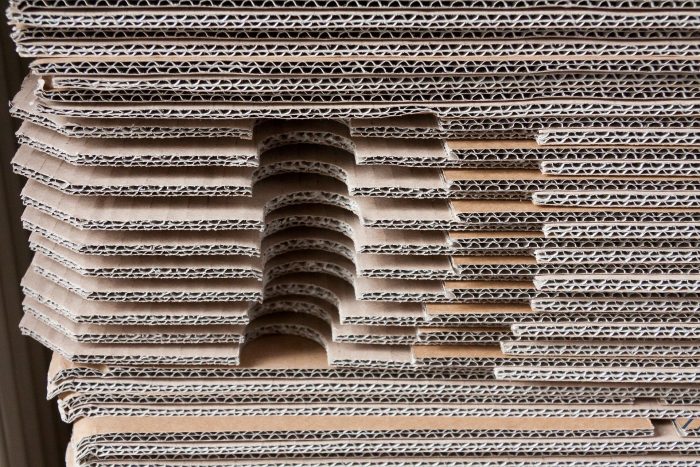SEGOVIA – Belgian company Drylock leads a promising project in Spain for both employment and the development of environmentally friendly materials. Initially with 300 new employees, it is expected that at least 1,000 more jobs will follow in the future.
Spanish Minister Reyes Maroto of Industry, Commerce and Tourism announced the news last week. Segovia Mayor Clara Luquero called the pioneer project “a new beginning for the much-needed economic and industrial diversification of Segovia”. A new Drylock factory will produce cardboard and paper packaging materials that are completely biodegradable. An investment of more than €113million has been earmarked for the project, from the European aid fund.
Drylock Technologies, a producer of mainly nappies and pantyliners, opened the first factory in Segovia in 2018. Over the past year, the factory has been producing face masks in record time to meet the enormous demand. Since opening in 2018, the number of jobs increased fivefold from 40 to 210 employees in 2021.
Spain as a strategic market leader in the paper and cardboard sector
In addition to Drylock, involvement includes the municipality of Segovia, packaging manufacturer Femasa, Grupo Escorial, Energy Solar Tech, Aspor Engineering and Cartonajes Juárez. The future biodegradable packaging plant should give Spain a strategic leadership position in the international paper and cardboard sector.
According to Minister Reyes Maroto, the project is not only good for the industrial innovation and economy of the province of Segovia, but also serves as an example at national and even European level. “The packaging industry must modernize, digitise and become more sustainable in order to meet the increasingly conscious consumer choice,” said the minister. The new packaging materials are not only 100% biodegradable, but also produced sustainably with 75,000 solar panels.
Large-scale expansion with distribution centre
Drylock set itself the goal of packaging at least 30% of the 750 million nappies produced in biodegradable paper this year. In concrete terms, this means a reduction of 12 million plastic bags. In addition, the 100% biodegradable packaging materials will be manufactured in a new factory. Furthermore, the project involves building a large logistics platform to distribute the materials as efficiently and sustainably as possible.
The government hopes this project will inspire other manufacturers in the area to invest in innovative production. As far as Minister Reyes Maroto is concerned, the new jobs in the Segovia factory mainly belong to young, qualified female employees.


